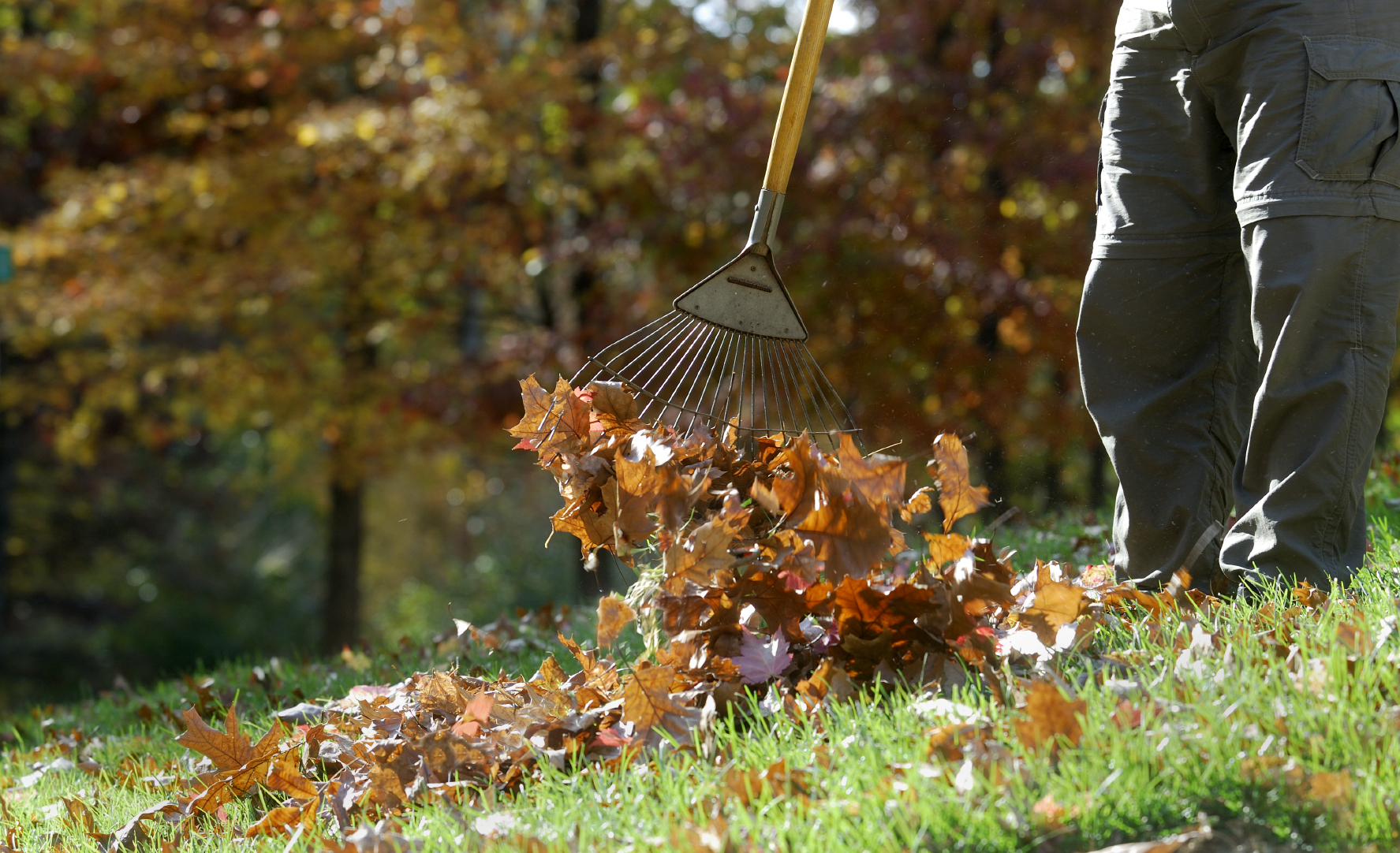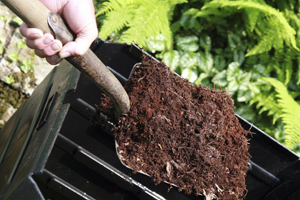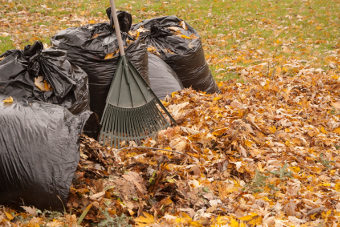
Whether one is cleaning up after the fall or disposing of
grass clippings in the spring and summer, dumping them
into the water might seem like an obvious solution. After
all, leaves are natural and some fall into the water on their
own anyway, right?
Actually, dumping large amounts of vegetation into a pond,
lake or stream can prove harmful to not only the quality of
the water, but also to the fish that depend on it to live.
When organic matter decays, it adds bountiful nutrients to
the water. Such nutrients feed algae blooms that crop up
from time to time. When algae decays, it uses up oxygen
needed for fish and other aquatic wildlife. This can really put a strain on the health of the creatures that draw
many of us to our lakes and streams in the first place.
Algae also can produce a substance known as geosmin, a non-harmful chemical which gives water an
earthy, musty taste that some find offensive. If you have ever found a glass of tap water to have a bad taste,
this is the most likely culprit.
Besides causing a nuisance and potentially endangering wildlife, dumping organic materials into Texas’
waters is a crime under the state’s Health and Safety Code. A person convicted of violating this law can be
given punishment ranging from a fine to jail time. The penalty increases with the amount dumped.

Fortunately, there are some legal and Earth-friendly options to
dumping leaves and clippings into the water. Here are a few:
Use them for compost
The same nutrients that can promote algae growth in our lakes can
also be a great boost for our flower and vegetable gardens in the
spring and summer. Put the leaves and clippings in a pile or in a
compost bin at the side of your yard. Add leftover vegetable scraps as
you get them. Turn over the pile regularly to help it break down into
compost, and in a few months you will have a great natural plant food
to mix into your soil.
Use them as mulch
As you may have noticed after clearing leaves that have sat for an extended time on your lawn, they can
hinder the growth of anything they cover. The same goes for weeds in your garden. A layer of leaves used as
mulch can slow weeds that complete with vegetables and flowers for
nutrients. Mulch can also help keep moisture around those plants
under the summer sun, and can help insulate the roots as the weather
turns cooler.

Shred them in your yard
Mulching mowers can be used to chop those leaves into small pieces.
This allows the leaf bits to slip between grass blades and reach the
soil to give nutrients to your lawn. This works best with moderate
amounts of leaves. Larger amounts could overwhelm your yard and
cover the grass.
Put them at the curb
If all else fails, you can bag leaves and clippings and leave them at the curb for your local refuse service to
cart away. Some cities will pick up vegetation separate from regular household garbage. Cities often
compost this material to avoid it filling up landfills.